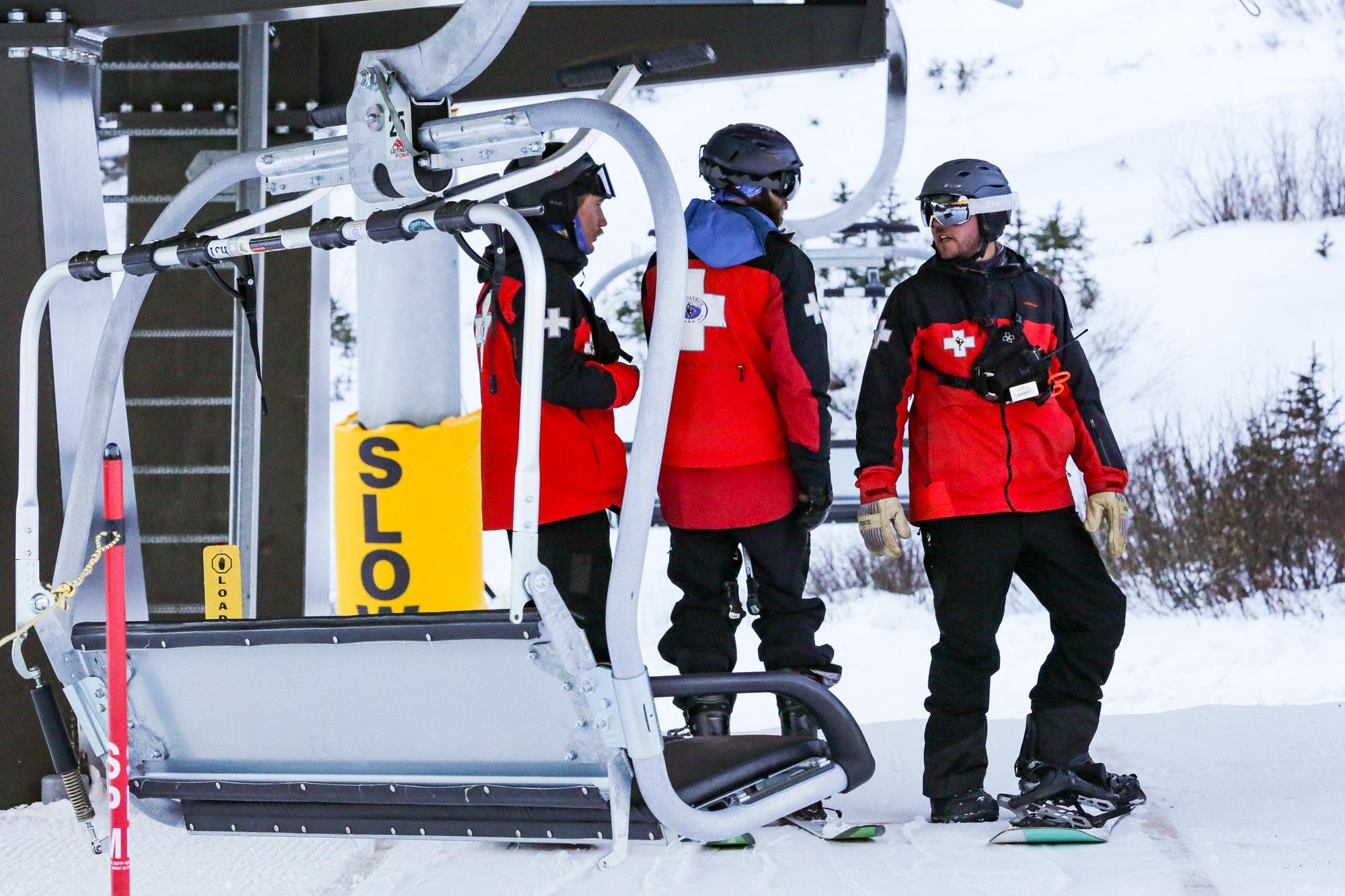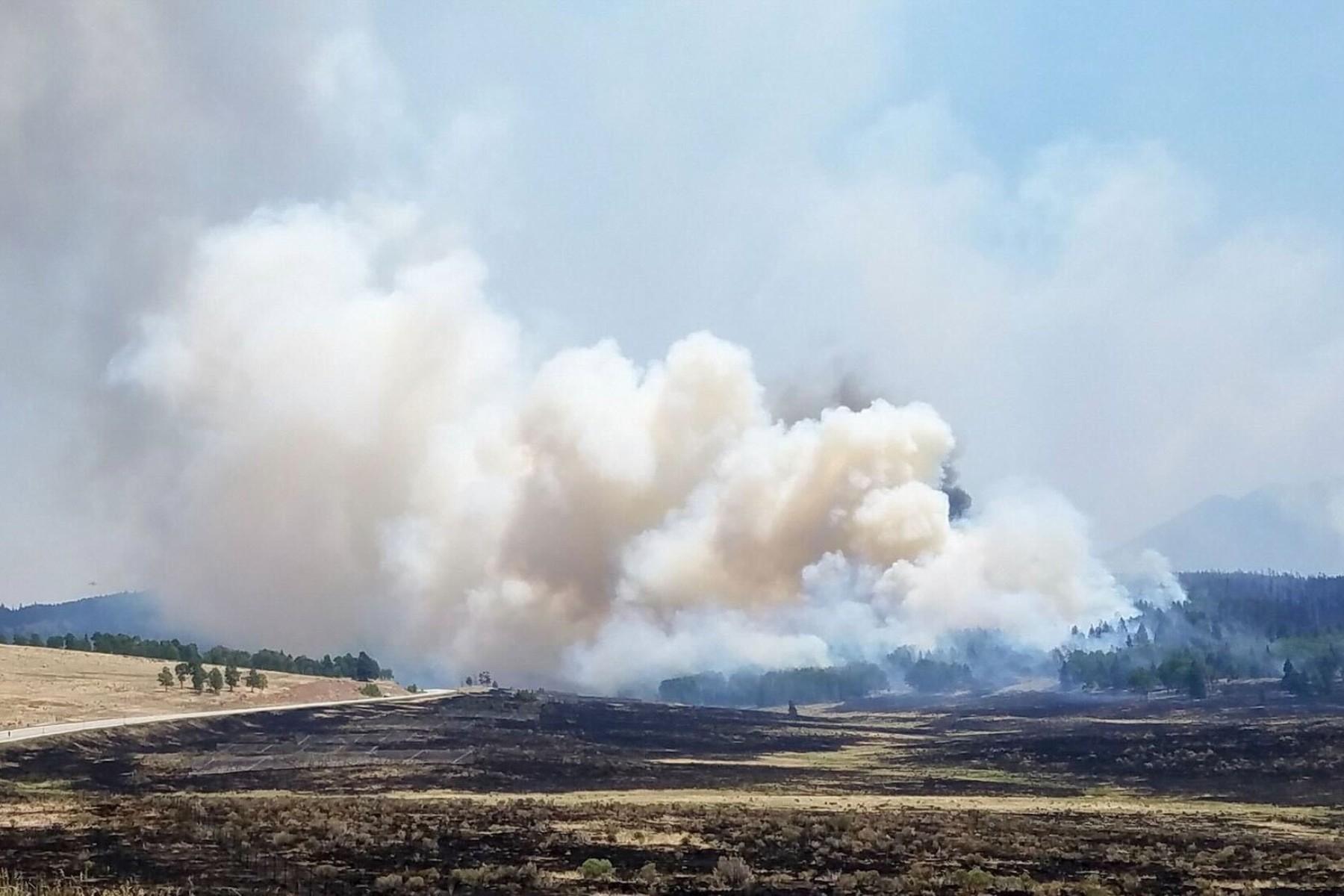
This story was produced as part of the Colorado Capitol News Alliance. It first appeared in The Colorado Sun.
By Jesse Paul, The Colorado Sun
A bill that would ban the manufacture and restrict the sale in Colorado of certain semiautomatic rifles, shotguns and pistols that can accept detachable ammunition magazines is now on a glidepath to Gov. Jared Polis’ desk after clearing the state Senate on Tuesday.
Senate Bill 3 passed on a 19-15 vote, with three Democrats — Sens. Nick Hinrichsen, Tony Exum and Marc Snyder — joining all of the Republicans in the chamber in voting against the measure.
Snyder and Exum were original cosponsors of the bill but have since asked to remove their names from the legislation.
The Senate last week tacked on a major carve-out to the bill to appease Polis. To qualify for the exemption, a gun purchaser would have to be vetted by their local sheriff through a process similar to what’s required to obtain a concealed carry permit. Then, if they already have a hunter safety certification, they would have to complete a roughly four-hour training course to be offered by a third-party vendor — someone who is a qualified firearms instructor — through Colorado Parks and Wildlife.
Without a prior hunter safety certification, a purchaser would have to complete roughly a dozen hours of training over two days.
The course would focus on gun safety and specifically semiautomatic weapons. It would also include information about gun deaths associated with mental illness and Colorado’s red flag law, which lets a judge order the temporary seizure of guns from someone deemed an imminent risk to themselves or others.
Eligibility for the exemption would be contingent upon people receiving a score of at least 90% on a test at the end of their training course. Sheriffs would issue cards verifying completion.
Renewal, completed through a shorter refresher course, would be required every five years to continue to be eligible for the carve-out.
Another amendment adopted last week would exempt a list of semiautomatic rifles, many of them historic military weapons and/or commonly used for hunting, from the bill. Those include the Benelli R1 Big-Game Rifle; M1 Carbine; Globco Mohawk; Ruger Model 44; Springfield Armory M1A; and Winchester Models 1905, 1907 and 1910.
Senate Bill 3, even in its weaker form, would still represent one of the biggest changes to Colorado gun policy in state history. It would affect AR-15 and AK-47 rifles, as well as their long list of popular variants. It would also affect tactical shotguns and a small portion of handguns.
The measure would not affect possession of any guns in Colorado, meaning people who already own the guns that would be targeted by the bill could still keep and use their weapons.
Yes, the measure would still allow people to buy the targeted weapons if they have fixed magazines with a capacity up to 15 rounds. But few manufacturers make firearms compliant with the legislation, which requires that those magazines be epoxied, welded or soldered onto a gun to adhere to the bill.
A fixed magazine is much slower and cumbersome to load. Bullets could be added to a weapon with a fixed magazine bullet by bullet, whereas a detachable magazine allows a gun user to reload in a matter of seconds.
The Senate bill now heads to the House, the legislature’s more liberal chamber, where it is expected to pass by a wide margin. Republicans will fight the legislation, but can only slow its advance, not stop it.
With the Senate changes to the bill, Polis appears poised to sign it.
If signed into law, the bill would go into effect in September.
This story was produced by the Capitol News Alliance, a collaboration between KUNC News, Colorado Public Radio, Rocky Mountain PBS, and The Colorado Sun, and shared with Rocky Mountain Community Radio and other news organizations across the state. Funding for the Alliance is provided in part by the Corporation for Public Broadcasting.









